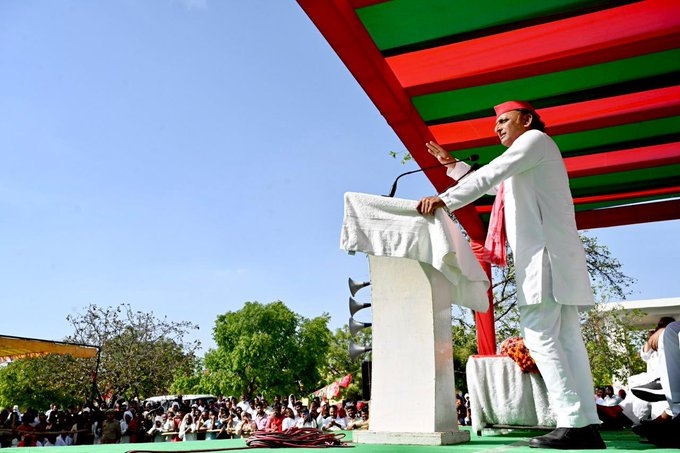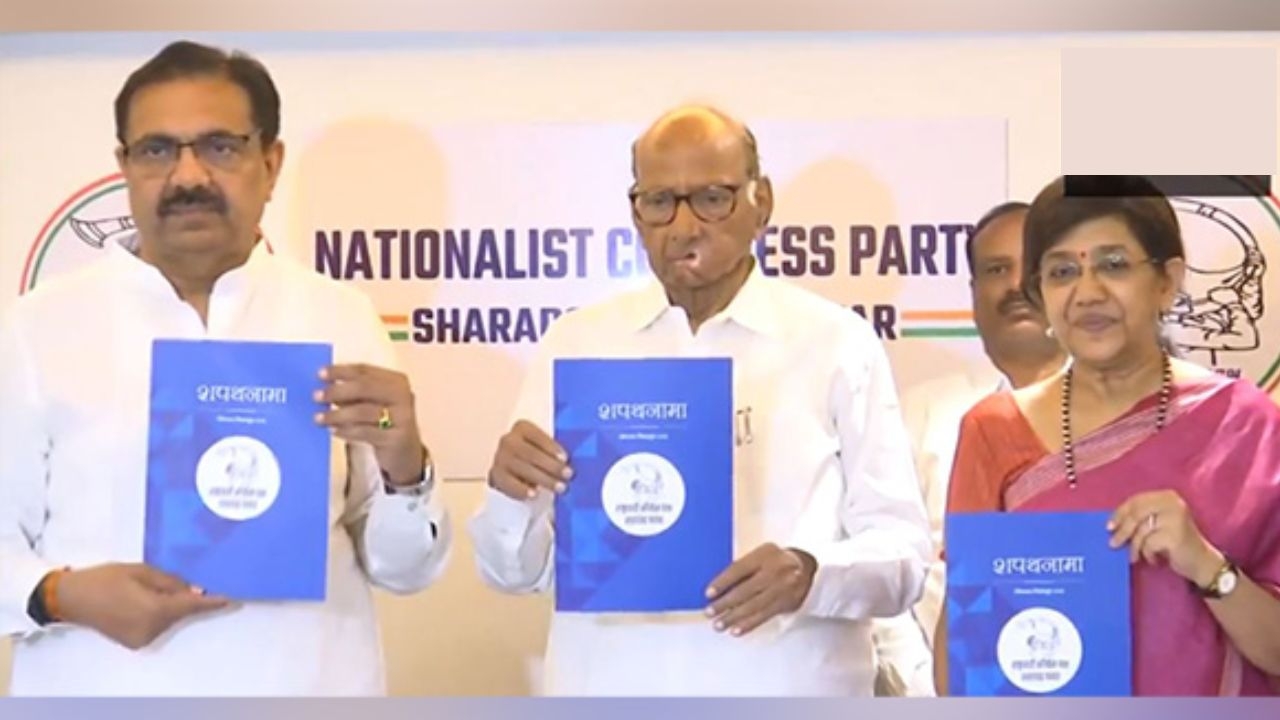Unused land, failed targets & real estate scams: the great SEZ racket reaches SC

The Indian government's much publicised Special Economic Zone (SEZ) policy has drastically failed in achieving its objectives of generating additional economic activity, creation of employment opportunities, development of infrastructure facilities, among others.
Instead, the policy has become a profitable business for private developers who are raising loans or mortgaging the acquired land. Even the Comptroller General of India (CAG) trashed the SEZ policy, claiming how the land acquired from poor farmers is being sold at a market price and converted into real estate.
Even the promise of providing employment to lakhs through this policy remains abysmally low and woefully short of the proposed target.
The petition
Quoting the CAG report on SEZ lands, a Hyderabad-based NGO 'SEZ Farmers Protection & Welfare Association', filed a petition in the Supreme Court seeking return of 90% of the 4,842 hectares of land acquired from poor farmers for setting up SEZs across the country.
Also read - Adanis made money. But are SEZs really working?
On 10 January, while hearing the petition, the Supreme Court bench, headed by Justice JS Khehar, sought responses from several state governments on the demands raised by the petitioners that land acquired for SEZs should be returned to the farmers. The petition claimed that 90% of the land acquired has been lying unused.
The petitioners also pointed that the land acquired for SEZ are lying vacant, being diverted to other uses like real estate and are not adhering to the conditions like employment generation.
The petition revealed that of the 84 SEZs approved in Andhra Pradesh, Telangana and Chattisgarh huge tracts of land were acquired from tribals, Dalits and farmers are being used by private developers.
Faulty practices and failed goals
Even the Parliamentary Standing Committee on Commerce while assessing the utilisation of SEZ land mentioned how real estate business has become prosperous in the guise of the SEZ. "It has come to our notice that though the land was acquired for establishing SEZs, no industries came up there. Instead real estate business has become prosperous in the guise of SEZ and the rich fertile lands of the farmers were being diverted without any real development," claimed the parliamentary committee.
The CAG had earlier criticised the SEZ policy on diversion of land for realty projects in return for huge sum of money. It went on to claim that the figures given for the employment creation, exports and economic activity were highly exaggerated and not properly verified.
The CAG report revealed that in six states about 5,402.22 hectares (14%) of land was de-notified and diverted for commercial purposes in several cases. This diversion goes against the rules laid out in the SEZ policy and that the de-notification of land was resorted to within a few years to benefit from price appreciation.
Referring to the CAG report, the petition claimed, "In Andhra Pradesh, Karnataka, Maharashtra and West Bengal, 11 developers had raised Rs 6,309.53 crore of loans through mortgaging SEZ lands. Out of which, three developers had utilized the loan amount (Rs 2,211.48 crore) i.e 35 per cent, for the purpose other than the development of SEZ as there was no economic activity in the SEZs concerned."
The petition went on to add that private developers are mortgaging and raising loans on the acquired land which is arbitrary and contrary to the rules framed for the SEZs. Moreover, the CAG also highlighted how tax assessment revealed several instances where ineligible tax exemption were given to the tune of Rs 1,150.06 crore and systemic weaknesses in direct and indirect tax administration to the tune of Rs. 27,130.98 crore.
In these circumstances, even the objective of generating employment has taken a major hit considering that 90% of the 4,842 hectares of acquired land for SEZ remains unused. A sample CAG officials took of a dozen industrial units revealed that out of the projected employment opportunities of 12.47 lakh, only 42,000 offers could be generated. This, according to the CAG, meant a shortfall of nearly 93 per cent."
Referring to SEZ in Visakhapatnam, the petitioners claimed that the actual employment in the SEZ is low as compared with the employment proposed even when the investments made have been more than adequate thereby nullifying all the tall claims of development and employment generation.
Cost-benefit analysis
Even the failure to achieve the intended objective of encouraging manufacturing exports from India remains hugely under utilised. In wake of these developments, the Ministry of Commerce commissioned Indian Council for Research on International Economic Relations (ICRIER) to conduct a detailed cost-benefit analysis of the SEZ policy.
ICRIER was also tasked to look into the foreign trade policy and the regulatory framework as well as analyse incentives provided under free-trade agreements signed by India with other countries and their effect on the SEZs.
In its report, ICRIER stated that SEZs have failed to achieve their intended objective of encouraging manufacturing exports from India. The audit report found that the figures for employment creation, exports and economic activity being projected by the commerce ministry to push the policy were not properly verified and have turned out to be highly exaggerated.
In light of these developments, the petitioners demanded criminal action on the SEZ holders for not performing the obligatory duty under the contract resulting to unemployment, wastage of natural resources and causing loss to food security. The petitioners requested for a CBI inquiry under the supervision of the apex court on violations, diversion of loan money obtained by SEZ holders which goes against the SEZ rules.
Edited by Aleesha Matharu
More in Catch - Nirmala Sitharaman shouldn't pitch SEZs against Make in India
Canceling Adani fine exposes govt's double standards on environment
First published: 10 January 2017, 21:03 IST

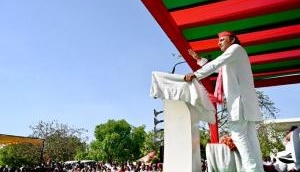
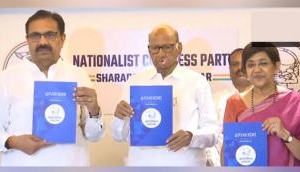
_251372_300x172.jpg)
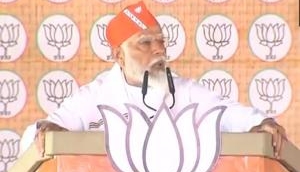
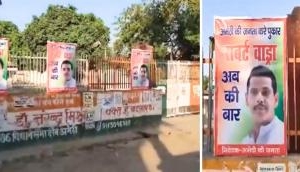
![BJP's Kapil Mishra recreates Shankar Mahadevan’s ‘Breathless’ song to highlight Delhi pollution [WATCH] BJP's Kapil Mishra recreates Shankar Mahadevan’s ‘Breathless’ song to highlight Delhi pollution [WATCH]](http://images.catchnews.com/upload/2022/11/03/kapil-mishra_240884_300x172.png)

![Anupam Kher shares pictures of his toned body on 67th birthday [MUST SEE] Anupam Kher shares pictures of his toned body on 67th birthday [MUST SEE]](http://images.catchnews.com/upload/2022/03/07/Anupam_kher_231145_300x172.jpg)


